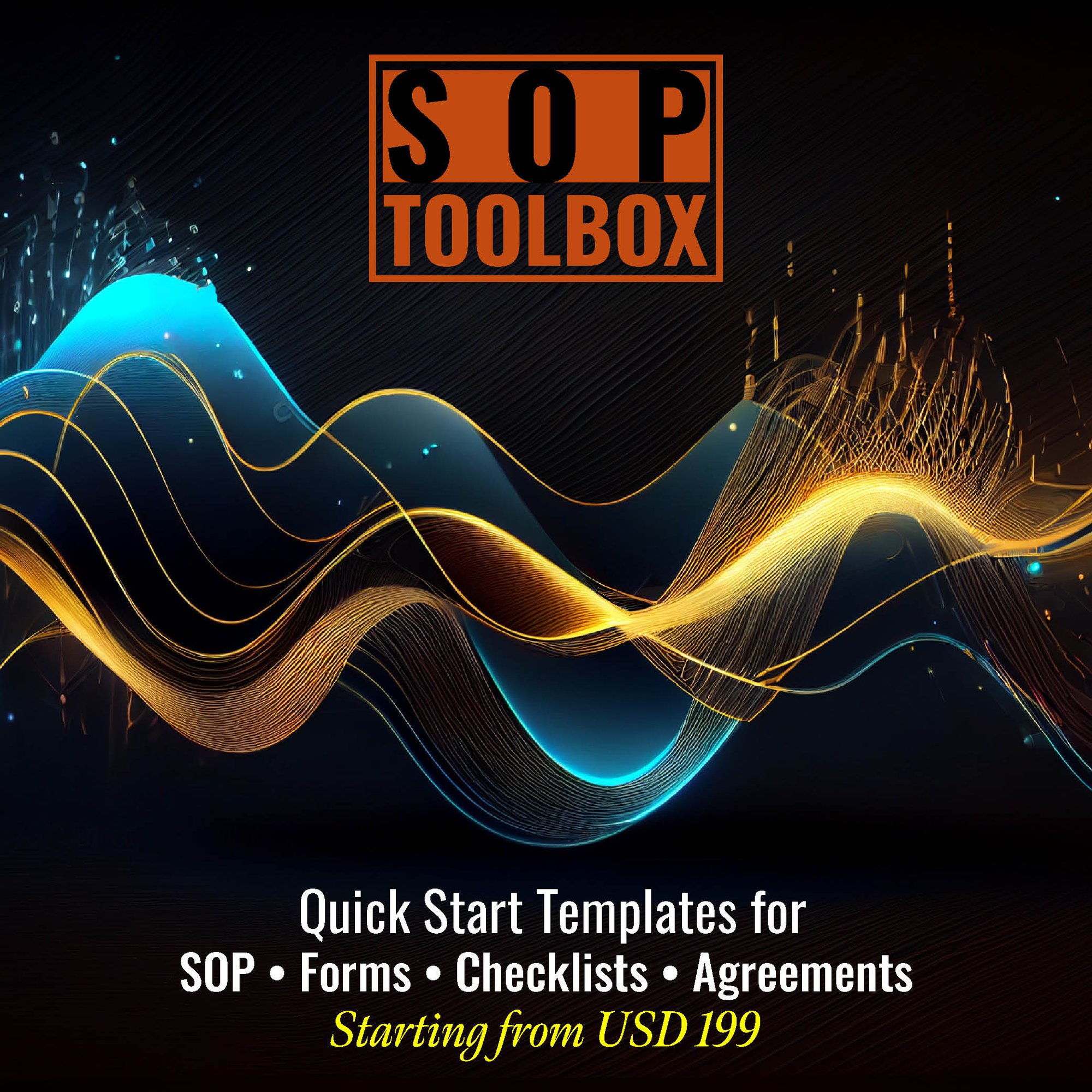Agreements are the backbone of a well-functioning Facilities Management Department, crucial for maintaining and optimizing the operational efficiency of physical spaces and infrastructure within organizations. These agreements encompass a wide range of areas essential for managing facilities effectively, including maintenance, security, utilities, space utilization, and regulatory compliance.Maintenance agreements outline the responsibilities, schedules, and procedures for regular upkeep, repairs, and renovations of facilities. These agreements ensure that buildings, equipment, and systems remain in optimal working condition, minimizing downtime and extending their lifespan.Security agreements are vital for implementing and maintaining robust security measures to protect facilities, assets, and occupants. These agreements cover aspects such as access control, surveillance systems, security personnel, emergency response protocols, and risk management strategies, safeguarding against threats and vulnerabilities.Utilities agreements govern the procurement, management, and optimization of essential utilities such as electricity, water, heating, and cooling systems. These agreements focus on cost-effective usage, sustainability practices, efficiency improvements, and regulatory compliance related to energy and resource consumption.Space optimization agreements are instrumental in maximizing the use of available space within facilities. They involve space planning, layout design, occupancy management, furniture arrangement, and workplace ergonomics, creating environments that support productivity, collaboration, and employee well-being.Regulatory compliance agreements ensure that facilities adhere to relevant laws, codes, standards, and safety regulations. These agreements cover areas like building codes, environmental regulations, occupational health, and safety requirements, mitigating legal risks and promoting a safe and compliant work environment.















Leave a Reply